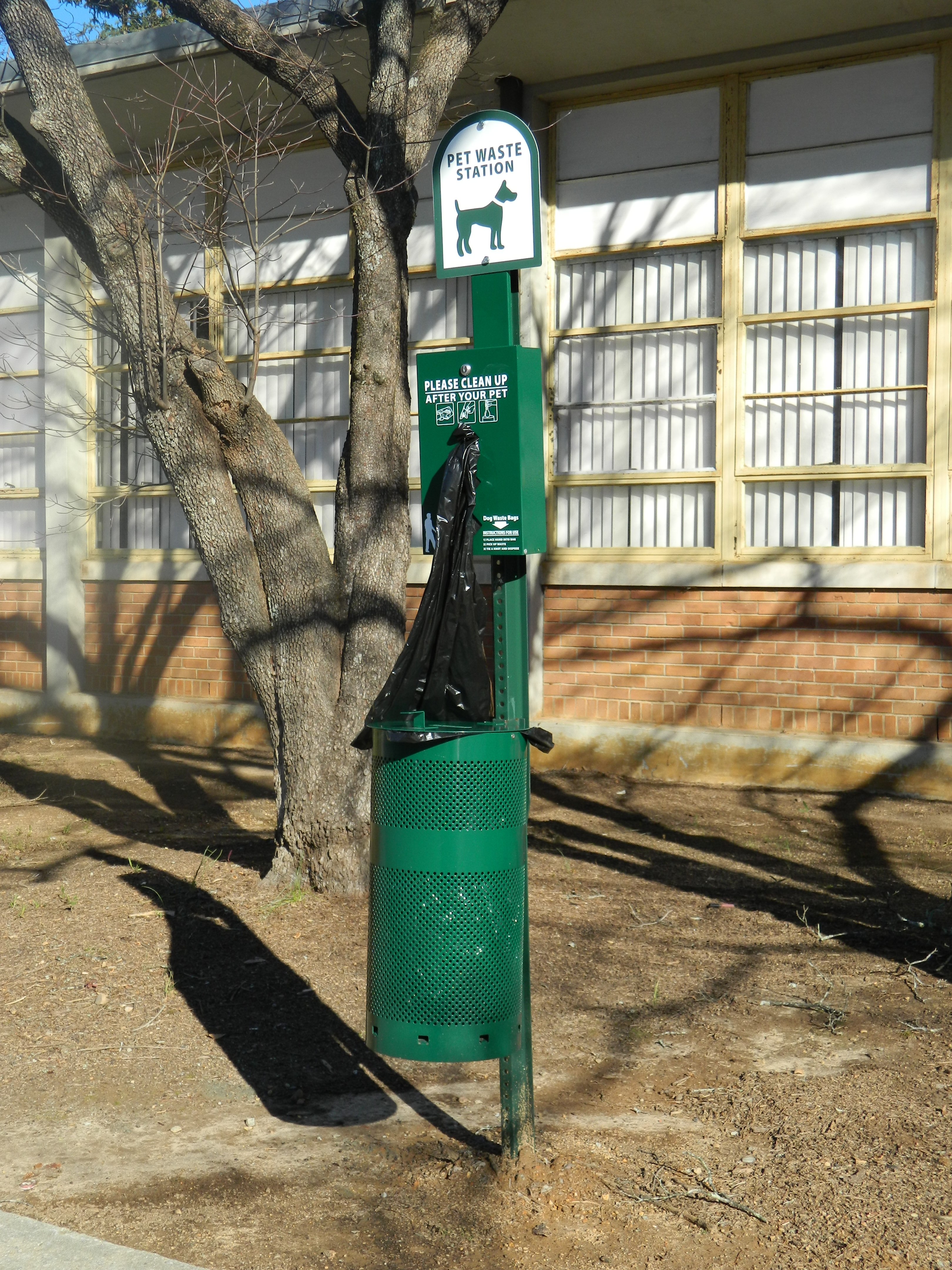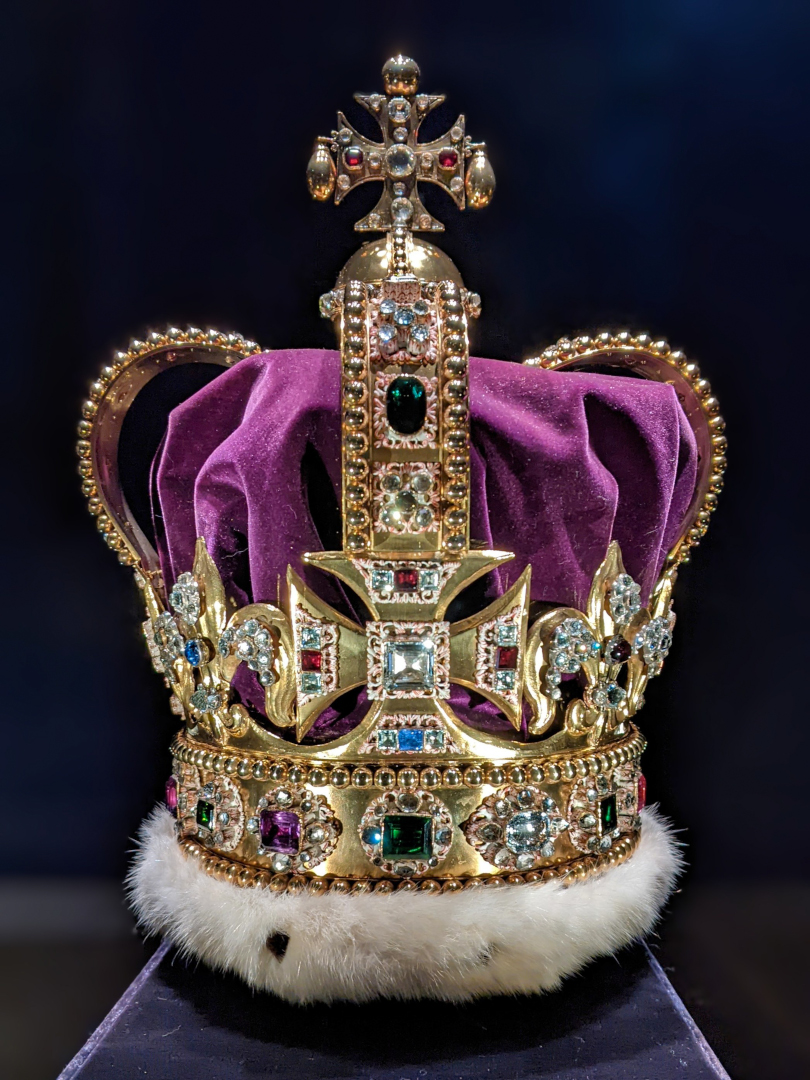|
Lloyds Bank Coprolite
The Lloyds Bank coprolite is a large coprolite, or fossilised specimen of human faeces, recovered by the York Archaeological Trust while excavating the Viking settlement of Jórvík (present-day York) in northern England. Description The coprolite was found in 1972 beneath the site of what was to become the branch of Lloyds Bank on Pavement in York, and may be the largest example of fossilised human faeces ( palaeofaeces) ever found, measuring long and wide. Analysis of the stool has indicated that its producer subsisted largely on meat and bread whilst the presence of several hundred parasitic eggs suggests they were riddled with intestinal worms. In 1991, Andrew Jones, a York Archaeological Trust employee and palaeoscatologist, made international news with his appraisal of the item for insurance purposes: "This is the most exciting piece of excrement I've ever seen ... In its own way, it's as irreplaceable as the Crown Jewels". The layers that covered the coprolite we ... [...More Info...] [...Related Items...] OR: [Wikipedia] [Google] [Baidu] |
Bread
Bread is a staple food prepared from a dough of flour (usually wheat) and water, usually by baking. Throughout recorded history and around the world, it has been an important part of many cultures' diet. It is one of the oldest human-made foods, having been of significance since the dawn of agriculture, and plays an essential role in both religious rituals and secular culture. Bread may be leavened by naturally occurring microbes (e.g. sourdough), chemicals (e.g. baking soda), industrially produced yeast, or high-pressure aeration, which creates the gas bubbles that fluff up bread. In many countries, commercial bread often contains additives to improve flavor, texture, color, shelf life, nutrition, and ease of production. History Bread is one of the oldest prepared foods. Evidence from 30,000 years ago in Europe and Australia revealed starch residue on rocks used for pounding plants. It is possible that during this time, starch extract from the roots of plants, such as c ... [...More Info...] [...Related Items...] OR: [Wikipedia] [Google] [Baidu] |
Lloyds Banking Group
Lloyds Banking Group is a British financial institution formed through the acquisition of HBOS by Lloyds TSB in 2009. It is one of the UK's largest financial services organisations, with 30 million customers and 65,000 employees. Lloyds Bank was founded in 1765 but the wider Group's heritage extends over 320 years, dating back to the founding of the Bank of Scotland by the Parliament of Scotland in 1695. The Group's headquarters are located at 25 Gresham Street in the City of London, while its registered office is on The Mound in Edinburgh. It also operates office sites in Birmingham, Bristol, West Yorkshire and Glasgow. The Group also has extensive overseas operations in the US, Europe, the Middle East and Asia. Its headquarters for business in the European Union is in Berlin, Germany. The business operates under a number of distinct brands, including Lloyds Bank, Halifax, Bank of Scotland and Scottish Widows. Former Chief Executive António Horta-Osório told ''The Banker' ... [...More Info...] [...Related Items...] OR: [Wikipedia] [Google] [Baidu] |
Archaeology Of England
Archaeology or archeology is the scientific study of human activity through the recovery and analysis of material culture. The archaeological record consists of artifacts, architecture, biofacts or ecofacts, sites, and cultural landscapes. Archaeology can be considered both a social science and a branch of the humanities. It is usually considered an independent academic discipline, but may also be classified as part of anthropology (in North America – the four-field approach), history or geography. Archaeologists study human prehistory and history, from the development of the first stone tools at Lomekwi in East Africa 3.3 million years ago up until recent decades. Archaeology is distinct from palaeontology, which is the study of fossil remains. Archaeology is particularly important for learning about prehistoric societies, for which, by definition, there are no written records. Prehistory includes over 99% of the human past, from the Paleolithic until the advent o ... [...More Info...] [...Related Items...] OR: [Wikipedia] [Google] [Baidu] |
History Of North Yorkshire
North Yorkshire is a ceremonial county in the North of England. It is mostly located in the Yorkshire and Humber region, but the area around the Tees Valley is in the North East. The largest county of England by land area, it measures and has a population of 1,158,816 (2021). The largest county of England by land area, The county town is Northallerton. It consists of the non-metropolitan county of North Yorkshire, which is made up of eleven districts, and four unitary authorities: the City of York, Middlesbrough and Redcar and Cleveland, which are entirely within the county, as well as a portion of Stockon-on-Tees, which is split with County Durham. Until 2023, the non-metropolitan county area is administered by North Yorkshire County Council in a two-tier structure. The non-metropolitan county covers most of the ceremonial county's area at and population at 604,900 (mid-2016 estimate). It borders three other counties to the south which include the name Yorkshire: West ... [...More Info...] [...Related Items...] OR: [Wikipedia] [Google] [Baidu] |
Feces
Feces ( or faeces), known colloquially and in slang as poo and poop, are the solid or semi-solid remains of food that was not digested in the small intestine, and has been broken down by bacteria in the large intestine. Feces contain a relatively small amount of metabolic waste products such as bacterially altered bilirubin, and dead epithelial cells from the lining of the gut. Feces are discharged through the anus or cloaca during defecation. Feces can be used as fertilizer or soil conditioner in agriculture. They can also be burned as fuel or dried and used for construction. Some medicinal uses have been found. In the case of human feces, fecal transplants or fecal bacteriotherapy are in use. Urine and feces together are called excreta. Skatole is the principal compound responsible for the unpleasant smell of feces. Characteristics The distinctive odor of feces is due to skatole, and thiols (sulfur-containing compounds), as well as amines and carboxylic acids. Skatole ... [...More Info...] [...Related Items...] OR: [Wikipedia] [Google] [Baidu] |
Collections Of The York Archaeological Trust
Collection or Collections may refer to: * Cash collection, the function of an accounts receivable department * Collection (church), money donated by the congregation during a church service * Collection agency, agency to collect cash * Collections management (museum) ** Collection (museum), objects in a particular field forms the core basis for the museum ** Fonds in archives ** Private collection, sometimes just called "collection" * Collection (Oxford colleges), a beginning-of-term exam or Principal's Collections * Collection (horse), a horse carrying more weight on his hindquarters than his forehand * Collection (racehorse), an Irish-bred, Hong Kong based Thoroughbred racehorse * Collection (publishing), a gathering of books under the same title at the same publisher * Scientific collection, any systematic collection of objects for scientific study Collection may also refer to: Computing * Collection (abstract data type), the abstract concept of collections in computer science ... [...More Info...] [...Related Items...] OR: [Wikipedia] [Google] [Baidu] |
Anglo-Norse England
*, a number of ships
{{disambig ...
Anglo-Norse may refer to: *The Anglo-Norse Society in London The Anglo-Norse Society in London is a society based in England for advancing the education of the citizens of Britain and Norway about each other's country and way of life. The Society was founded in 1918 as a registered charity. The membership ... [...More Info...] [...Related Items...] OR: [Wikipedia] [Google] [Baidu] |
The Guardian
''The Guardian'' is a British daily newspaper. It was founded in 1821 as ''The Manchester Guardian'', and changed its name in 1959. Along with its sister papers ''The Observer'' and ''The Guardian Weekly'', ''The Guardian'' is part of the Guardian Media Group, owned by the Scott Trust. The trust was created in 1936 to "secure the financial and editorial independence of ''The Guardian'' in perpetuity and to safeguard the journalistic freedom and liberal values of ''The Guardian'' free from commercial or political interference". The trust was converted into a limited company in 2008, with a constitution written so as to maintain for ''The Guardian'' the same protections as were built into the structure of the Scott Trust by its creators. Profits are reinvested in journalism rather than distributed to owners or shareholders. It is considered a newspaper of record in the UK. The editor-in-chief Katharine Viner succeeded Alan Rusbridger in 2015. Since 2018, the paper's main news ... [...More Info...] [...Related Items...] OR: [Wikipedia] [Google] [Baidu] |
An Archaeological Adventure
An, AN, aN, or an may refer to: Businesses and organizations * Airlinair (IATA airline code AN) * Alleanza Nazionale, a former political party in Italy * AnimeNEXT, an annual anime convention located in New Jersey * Anime North, a Canadian anime convention * Ansett Australia, a major Australian airline group that is now defunct (IATA designator AN) * Apalachicola Northern Railroad (reporting mark AN) 1903–2002 ** AN Railway, a successor company, 2002– * Aryan Nations, a white supremacist religious organization * Australian National Railways Commission, an Australian rail operator from 1975 until 1987 * Antonov, a Ukrainian (formerly Soviet) aircraft manufacturing and services company, as a model prefix Entertainment and media * Antv, an Indonesian television network * ''Astronomische Nachrichten'', or ''Astronomical Notes'', an international astronomy journal * ''Avisa Nordland'', a Norwegian newspaper * ''Sweet Bean'' (あん), a 2015 Japanese film also known as ''An'' ... [...More Info...] [...Related Items...] OR: [Wikipedia] [Google] [Baidu] |
Peat
Peat (), also known as turf (), is an accumulation of partially decayed vegetation or organic matter. It is unique to natural areas called peatlands, bogs, mires, moors, or muskegs. The peatland ecosystem covers and is the most efficient carbon sink on the planet, because peatland plants capture carbon dioxide (CO2) naturally released from the peat, maintaining an equilibrium. In natural peatlands, the "annual rate of biomass production is greater than the rate of decomposition", but it takes "thousands of years for peatlands to develop the deposits of , which is the average depth of the boreal orthernpeatlands", which store around 415 gigatonnes (Gt) of carbon (about 46 times 2019 global CO2 emissions). Globally, peat stores up to 550 Gt of carbon, 42% of all soil carbon, which exceeds the carbon stored in all other vegetation types, including the world's forests, although it covers just 3% of the land's surface. ''Sphagnum'' moss, also called peat moss, is one of th ... [...More Info...] [...Related Items...] OR: [Wikipedia] [Google] [Baidu] |
Crown Jewels Of The United Kingdom
The Crown Jewels of the United Kingdom, originally the Crown Jewels of England, are a collection of royal ceremonial objects kept in the Tower of London which include the Coronation of the British monarch, coronation regalia and vestments worn by British monarchs. Symbols of over 800 years of monarchy, the coronation regalia are the only working set in Europe and the collection is the most historically complete of any regalia in the world. Objects used to invest and crown British monarchs variously denote their role as head of state of the United Kingdom and other countries of the Commonwealth of Nations, Commonwealth, Supreme Governor of the Church of England, and head of the British armed forces. They feature heraldic devices and national emblems of England, Scotland, Wales and Northern Ireland. Use of regalia by monarchs in England can be traced back to when it was converted to Christianity in the Early Middle Ages. A permanent set of coronation regalia, once belonging to E ... [...More Info...] [...Related Items...] OR: [Wikipedia] [Google] [Baidu] |


.jpg)


.jpg)
